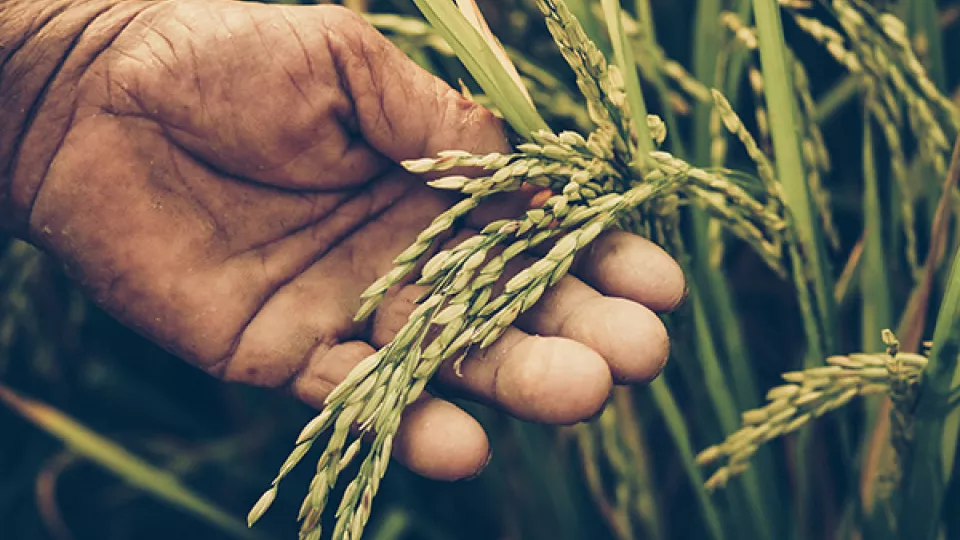Modern agriculture is associated with numerous environmental predicaments, such as land degradation, water pollution, and greenhouse gas emission. Socio-economically, it is characterized by a treadmill of technological change, increased mechanization, and economic consolidation, while depressing economic returns to farmers.
A root cause is the dominance of annual plants cultivated in monocultures. Annual crops require the yearly clearing of vegetation resulting in soil erosion and other forms of ecosystem degradation. Monocultures are susceptible to agricultural pests and weeds.
By contrast, perennial polycultures informed by natural ecosystems, promise more sustainable agroecosystems with the potential to also revitalize the economic foundation of farming and hence rural societies.
